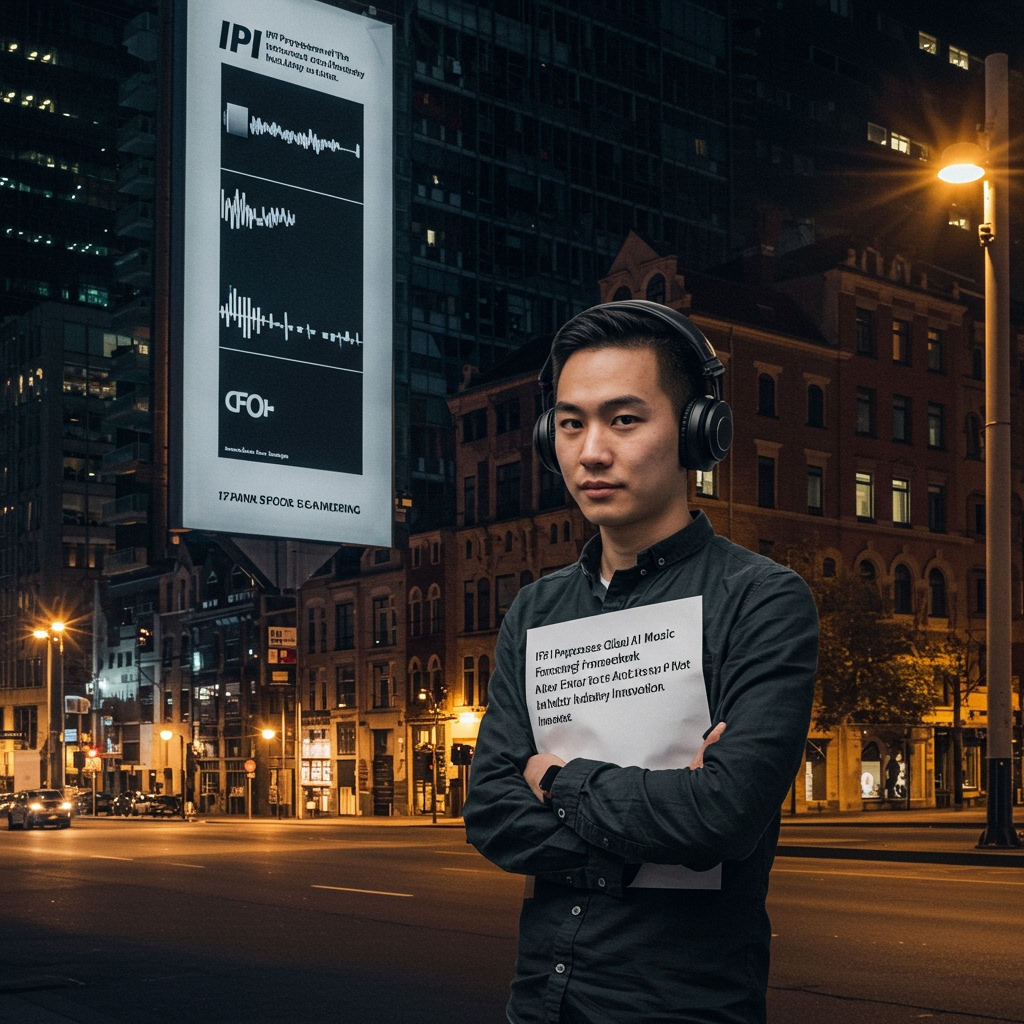IFPI Unveils Comprehensive AI Music Licensing Framework
London, UK — The International Federation of Phonographic Industry (IFPI), the esteemed body representing the interests of the global recorded music sector, today announced the unveiling of a groundbreaking, comprehensive licensing framework explicitly designed to address the burgeoning integration of music within generative artificial intelligence technologies. The proposed framework, detailed in an extensive 25-page white paper, was officially published on March 24th, 2025, marking a significant step by the industry to proactively engage with the challenges and opportunities presented by AI.
Addressing the Dual Challenge: Training Data and AI Outputs
The core of the IFPI’s proposal lies in its dual-pronged approach to licensing. Firstly, the framework outlines intricate mechanisms for the licensing of existing sound recordings and musical works specifically for use as training data for AI models. This is a critical point of contention, as many AI developers have reportedly used vast libraries of copyrighted music without explicit permission or compensation to train their algorithms. The IFPI argues that fair compensation and clear permissions are essential for this foundational use of musical IP.
Secondly, the white paper delves into potential royalty models designed to govern AI-generated outputs that incorporate, utilize, or are derived from copyrighted musical material. As AI tools become more sophisticated, the line between original creation and derivative work is blurring. The IFPI’s proposed models aim to establish clear principles for identifying when an AI-generated output requires a license due to its reliance on existing musical works and how creators and rights holders should be compensated for such usage. This includes exploring various potential payment structures and reporting mechanisms that could be implemented to ensure transparency and fairness in the distribution of royalties generated from AI-driven music consumption or creation.
Context: Legal Battles and Lobbying Efforts
This timely initiative arrives amidst a landscape characterized by increasing legal disputes globally, where artists, labels, and publishers are initiating lawsuits against AI companies for alleged copyright infringement related to both training data ingestion and the generation of infringing outputs. These legal challenges underscore the urgent need for clear legal and commercial frameworks.
The IFPI’s move also follows intense and sustained lobbying efforts by major players within the music industry, including prominent labels such as Universal Music Group and Sony Music Entertainment. These industry giants, representing a significant portion of the world’s recorded music repertoire, have been vocal in their demands for the establishment of clear rules and the creation of robust compensation streams flowing from technology companies that are developing and deploying advanced AI models using or interacting with music. Their advocacy has highlighted concerns about the potential devaluation of music, the impact on artist livelihoods, and the need for a sustainable ecosystem in the age of AI.
Safeguarding Rights and Fostering Responsible Innovation
In announcing the framework, the IFPI emphasized its crucial role in safeguarding the rights of artists, musicians, songwriters, composers, record labels, and music publishers worldwide. The organization stated unequivocally that the framework is designed not to stifle technological advancement, but rather to foster innovation responsibly within the music industry. By establishing clear licensing pathways and compensation models, the IFPI aims to create an environment where AI technologies can be developed and utilized in a manner that respects intellectual property, rewards creators, and contributes positively to the music ecosystem.
The proposed guidelines are presented as a foundation for future collaboration and policy development. The IFPI intends for the framework to provide a basis for industry-wide standards and potential legislative considerations, ensuring that the music industry is well-positioned to navigate the complexities introduced by AI while continuing to thrive.
The Path Forward: Consultation and Engagement
The publication of the white paper marks the beginning, rather than the end, of this process. The proposed guidelines detailed within the 25-page document will now be subject to extensive consultation with IFPI’s diverse member organizations across the globe. This crucial phase will allow national music industry associations and their constituents to review, provide feedback, and refine the proposals based on local market conditions and perspectives.
Furthermore, the IFPI has indicated that it will engage directly with key stakeholders in the technology industry. This engagement is vital to understanding the practical implications of the framework from a technological development perspective and to fostering potential partnerships or agreements. The consultation process is intended to be collaborative, paving the way for potential implementation of voluntary licensing agreements, advocacy for necessary legislative changes at national and international levels, or a combination of both, ensuring that the global music industry can adapt effectively to the transformative impact of artificial intelligence.





